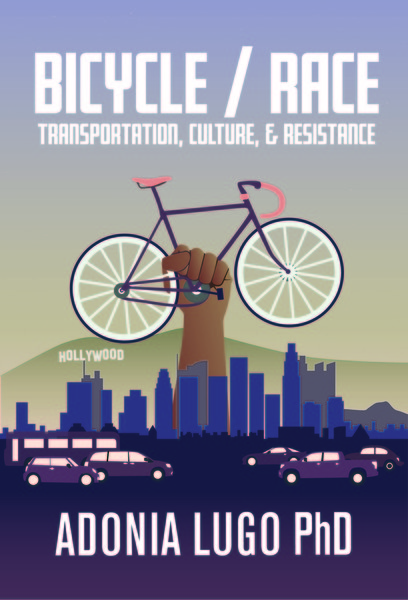Here in the United States we have a lot of work to do just in revealing the ways in which driving goes unquestioned, let alone actually getting out of the car. I realized this anew this weekend in watching a movie that seems to have defined my new city's image in the national imagination.
I like to joke about how Seattle is the capital of the 90s, back when grunge ruled the airwaves and flannel covered hordes of teens. So I watched the movie Singles, which came out in 1992 and takes place here.
I expected to see some lampooning of alternative lifestyles, like in the current TV series "Portlandia." But what struck me from the first scene was an all-too-American belief in the car as a symbol of adulthood. A main character delivers a monologue about the significance of having her own garage, even as we learn that she works for an environmental organization. Her commitment to the earth gets displayed through a little globe keychain. Later her love interest talks about his work project at the local department of transportation. He's developing a "super train" that would get individual drivers out of their cars, yet his character also drives everywhere. There's even a car accident scene as a plot development.
One character tries to impress a date by getting decked out in a day glo spandex outfit, and gets shown biking all over town. Eventually she's a mess and she has a flat tire. The message seems to be: biking is not for everyone, especially not casual riders.
There are no scenes involving public transportation.
This was almost twenty years ago, but obviously there are many people who still feel that maturity = car ownership, even in urban settings where buses and feet are more effective means of getting around. This cultural attitude sure can lead to some hypocritical representations of what is supposed to be "alternative." Alternative to what?
I think it can be hard to see substantive differences in a world all too dominated by branding and its pretenses to identity through consumption, but there is in fact a difference between driving and not driving. There is a difference between environmentalism as a plan to shape the future actions of others and environmentalism that takes immediate action by reducing one's own dependence on driving.
It's like that couple at the grocery store that puts their organic carrots in two layers of plastic bags and then gets into an SUV to drive home. There's something...missing?

